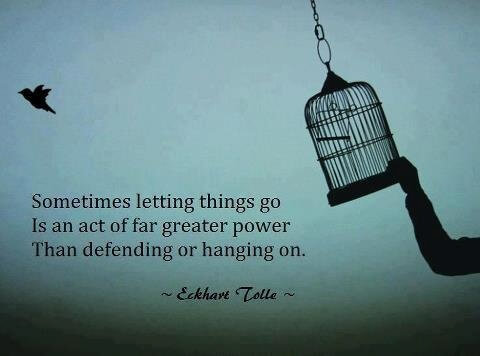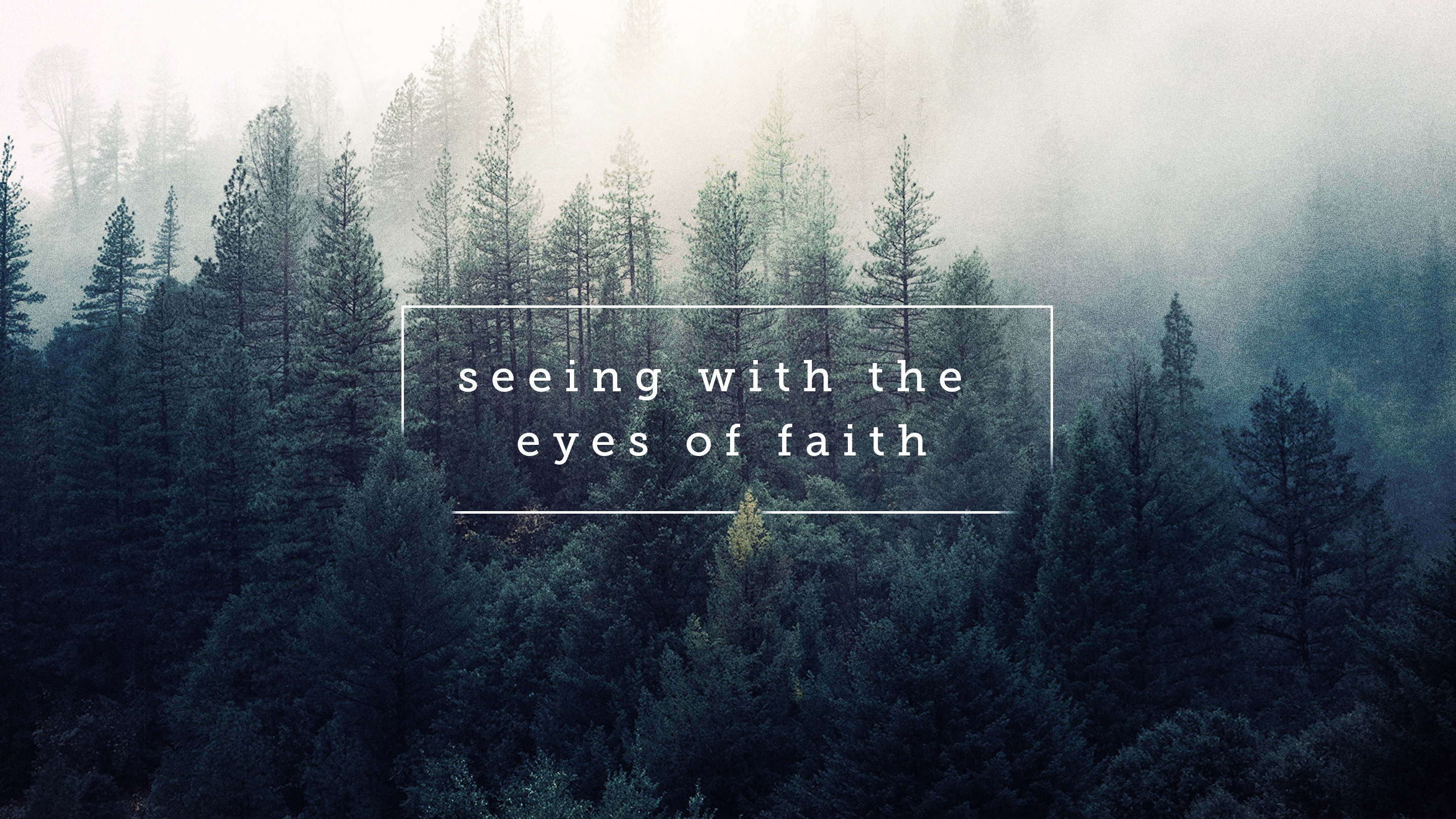I love tromping around in the wilderness, looking for birds and other wildlife. However, I look forward to going home (an RV at the moment). This is especially true if the wilderness is emotional/spiritual. After a time, we should be able to exit our life wilderness experiences, take our new insights into daily life and explore new terrain. So, don’t get stuck there, tired, alone, full of despair, with dark clouds hovering over your joy. Unless you like being unsettled and in limbo, you must exit and get back to living. Here are some tips:
1.
Ask for directions! Get a map! Counselors and pastors are great tour guides on the life journey. In my time as a minister, I have seen a few people in tears after realizing that help is available. I also found that simply listening then offering an insight and a helpful Scripture passage made a huge difference for those suffering from despair and hopelessness. Professionals can also guide you through some positive exercises, like journaling or other creative activities.

2.
Surrender to the wilderness experience, and let it work within you. You can choose to avoid surrendering, but the sooner you give in, the faster you will exit. Most of us create distractions to avoid unpleasant thoughts or we keep soooooo busy there is no time for the growth work that comes from wilderness time. Instead, actually kick back and let the feelings, pain, memories, and conflicts sort of wash over you. Unclench your teeth. Breathe. Hot tub? Even better, but a hot bath works too. Repeat often. I have provided spiritual support to people who knew they needed some input but danced around the issues. Sometimes they would complain about something or someone and, when I suggested a way to deal the challenge, they changed the subject as a distraction. Every, single, time. Before long, I point this out and ask for them to surrender to the matters weighing them down, otherwise, it is all small talk.Once you surrender, you unblock the insights waiting for you.

3.
Letting go follows surrender. Thomas a Kempis, in the Imitation of Christ, said, “To sum up, dear friend of mine, unclench your fists and let everything out of your hands.” The early Christian Desert Fathers and Mothers taught that the Way of Jesus is a way of letting go. He teaches us to “renew our minds”, which is another way of staying we must change our thinking patterns. stop clinging to old habits, old thought patterns.
Letting go takes some discipline. For example, when you start thinking negatively, you must learn to STOP immediately. However, letting go is bigger than routing unproductive thinking habits. We also need to stop controlling everything, pleasing everyone. Letting go is an act of courage. Kurt Vonnegut, in Slaughterhouse-Five made famous the expression, “so it goes.” Today, I often hear people say, “it is what it is”. Letting go.
Buddha tells us desire ends when we let go of craving and attachment- the pain will dissolve. When we gain a deep understanding that all things in life are impermanent and unsatisfying, we are ready to start letting go of our attachment to feelings, harmful people, the relentless drive for success, materialism, and so much more. Many, many contemporary authors offer insights through the Buddhist lens.

- Develop Faith Eyes
Many folks claim to be spiritual but not religious. Based on my discussions with spiritual-not-religious-folks, that means being aware of a spiritual force while opposed to organized religion. No problem there—I am getting tired of organized religion myself—the institutional aspects that can turn a church into a social club of non-spiritual people. However, it is not enough to “be” spiritual if that means only “sensing” a spiritual component to life. Spiritual activities must also be a part of our routine. Meditating, walking, music, reading, creating, to name a few.
To exit wilderness time, we need a connection with the divine and a way to look at life through “faith eyes”—to see events, people, and dramas through a faith-in-the divine perspective. Did you ever ask a child to use their inside voice? In the wilderness, we need to use our faith eyes. That is the way to compassion, loving your neighbor, forgiveness. That is where insights arise. All faith traditions can help us develop faith eyes if we pursue their teachings.

- Envision
Wilderness time is painful but necessary for our maturation (spiritual or otherwise). Before we can exit, we need to start thinking ahead. New dreams. New expectations. New hope. Perhaps we will reclaim some old dreams, too. What will you look forward too? What is beyond this fork in the road?
All four ideas have one thing in common: you. You enter wilderness time as a consequence of your decisions and actions. You will exit as a consequence of your decisions and actions. Surrender, let go, seek direction, find the divine, envision. No one will do our hard work.
Next time: Travel Challenge: Rude Drivers
Sunday Reflections are filed under Back Road Faith, on the main menu.
Copyright, Rev. Jane Willis, 2016


Jane, beautiful reflective post…..thanks so very much for the wonderful insight and how I must acknowledge further movements my life is taking. Yes, “letting go” requires discipline and forming new avenues of action! Your post is so affirmative for me.
So delighted to hear!!!
I like your analogy—entering wilderness time (the wilderness being a situation of our own creation), and exiting only when we have gone through the process of coming face to face with ourselves, doing the work, letting our attachments go, then finally exiting. I agree it is painful, but necessary. It is the only way we can change, and find new energy and hope. Thank you, Jane.
I love the way you summarized the message!